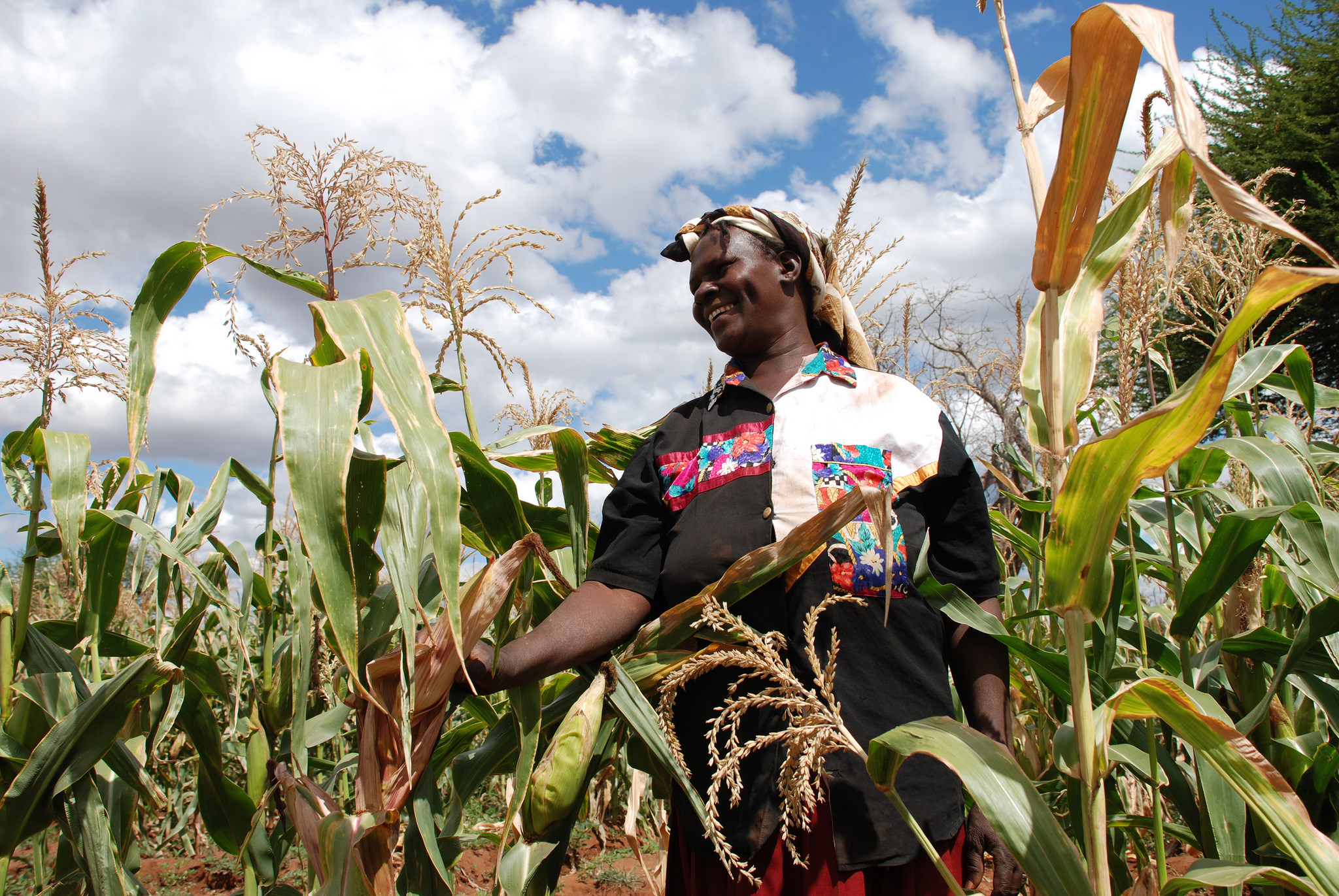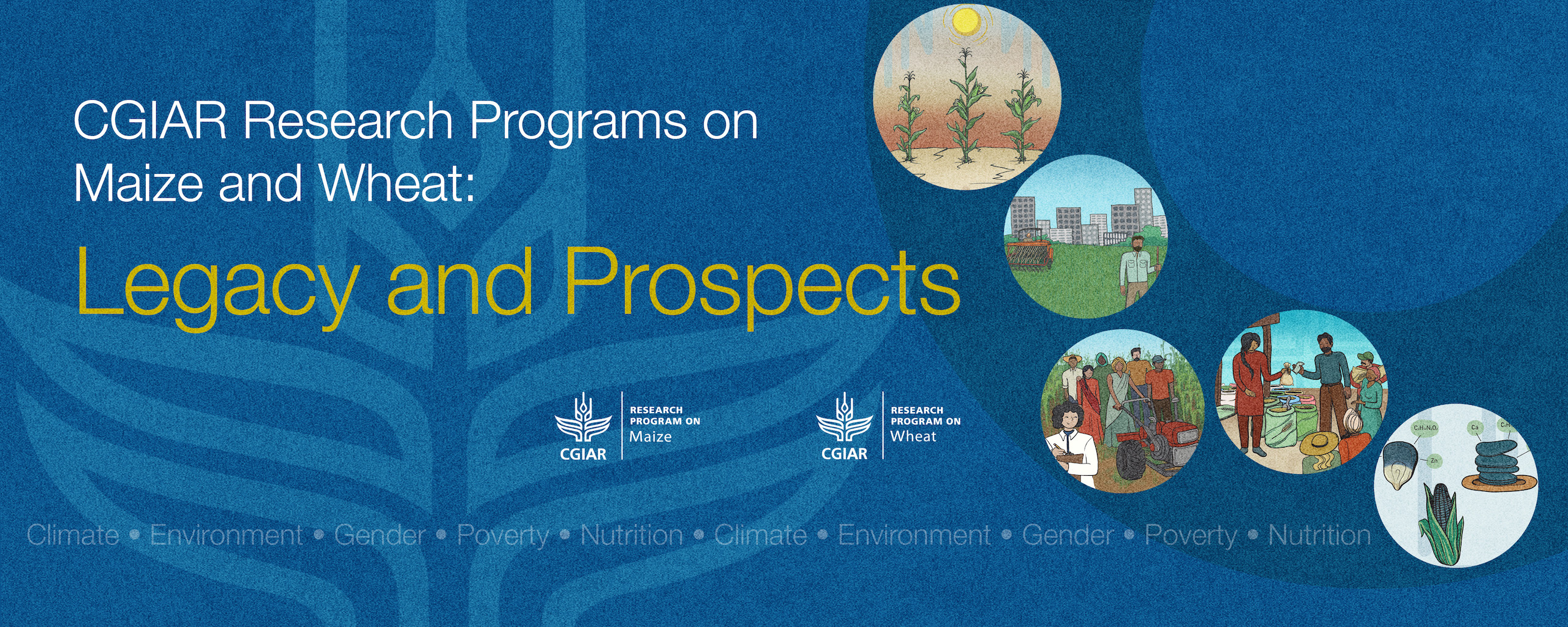The widespread availability of chemical nitrogen fertilizers is a prime driver of the vast improvement of crop yields over the past 50 years. However, their use has come with a price, as nitrogen escaping into surrounding soil and air has negative impacts on the environment and human health, including water pollution, depletion of soil-fertility, and greenhouse gas emissions.
Researchers from CIMMYT and JIRCAS (Japan International Research Center for Agricultural Science) examined ways to curtail the leakage of nitrogen into ecosystems, through a process called biological nitrification inhibition (BNI) in the paper “Genetic variation among elite inbred lines suggests potential to breed for BNI-capacity in maize,” published in the journal Scientific Reports on August 17, 2023.

BNI is a plant-based natural process that reduces nitrogen losses, which can reduce fertilizer demand while sustaining agricultural systems. The roots of plants that exhibit BNI activity release natural substances that inhibit the activity of nitrifying bacteria in soil, thus reducing the amount of nitrogen lost to the surrounding ecosystem. Many plant species have natural BNI activity in their roots.
Although synthetic chemical nitrification inhibitors are commercially available to reduce nitrogen losses, the high costs of this approach have limited its adoption. By contrast, breeding new varieties with increased natural BNI activity can offer a practical and economical approach to reduce nitrogen fertilizer need and waste.
“We are in the discovery phase regarding BNI activity and its determining traits for maize. Such information is crucial to pave the way for breeding programs and genetic improvement efforts,” said Kevin Pixley, co-author of the paper and former director of CIMMYT’s Genetic Resources Program. “We need to identify genetic markers for BNI compounds including ‘zeanone’, which will enable breeders to develop maize varieties that require and waste less nitrogen fertilizer, while achieving high yields.”
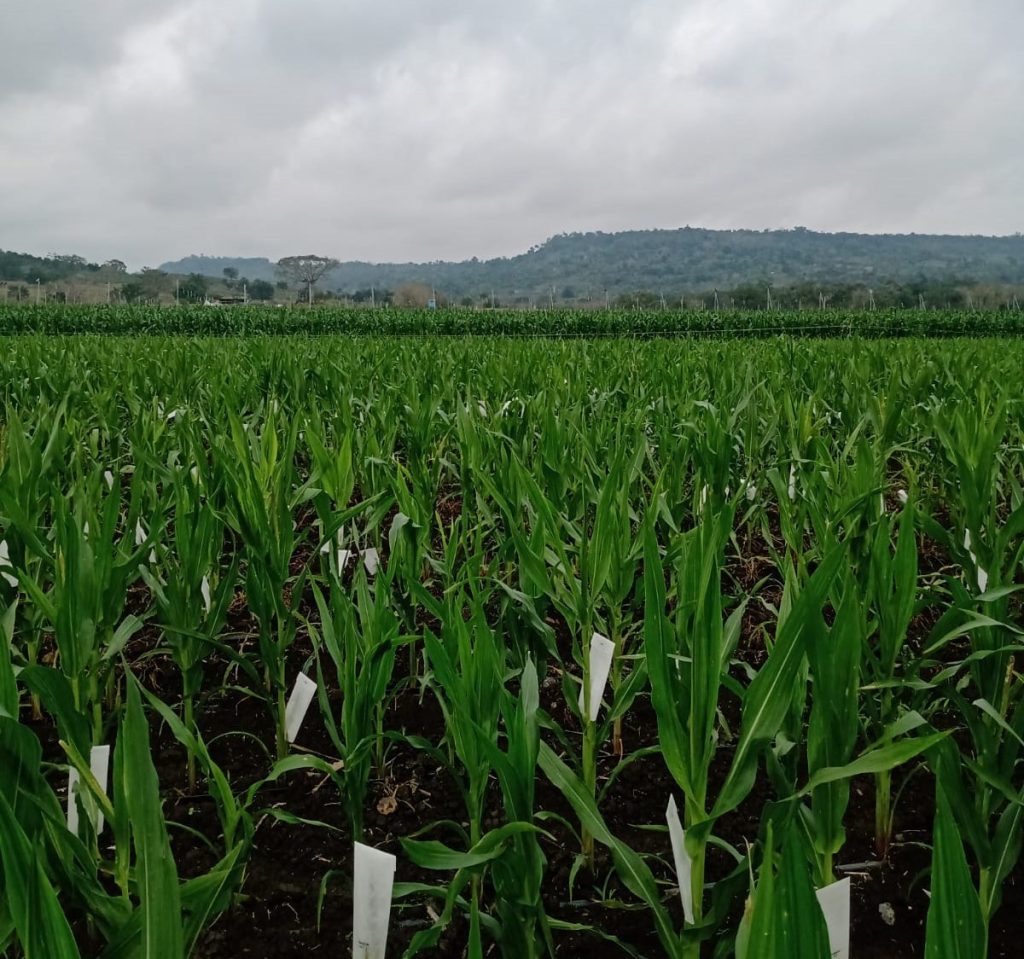
This research identified 18 single nucleotide polymorphisms (SNP) that act as genetic “signposts” for breeders to use to accelerate and increase the accuracy of breeding to increase BNI activity for maize. The researchers also identified six “candidate” or putative genes associated with BNI activity and related to nitrogen use efficiency, thereby enhancing the understanding of the genetics controlling BNI activity.
“Our identification of SNPs and genes that regulate how maize processes nitrogen begins to draw a road map to guide the development of molecular markers for use in breeding new maize varieties that meet farmer and consumer needs at a lower environmental cost,” said senior author Cesar Petroli. “Building on the results obtained and reported in our recent publication, we are developing maize (doubled haploid) populations to refine the genetic map for BNI activity in maize”.
This research was conducted with partners from JIRCAS and the Universidad de la República, Uruguay.
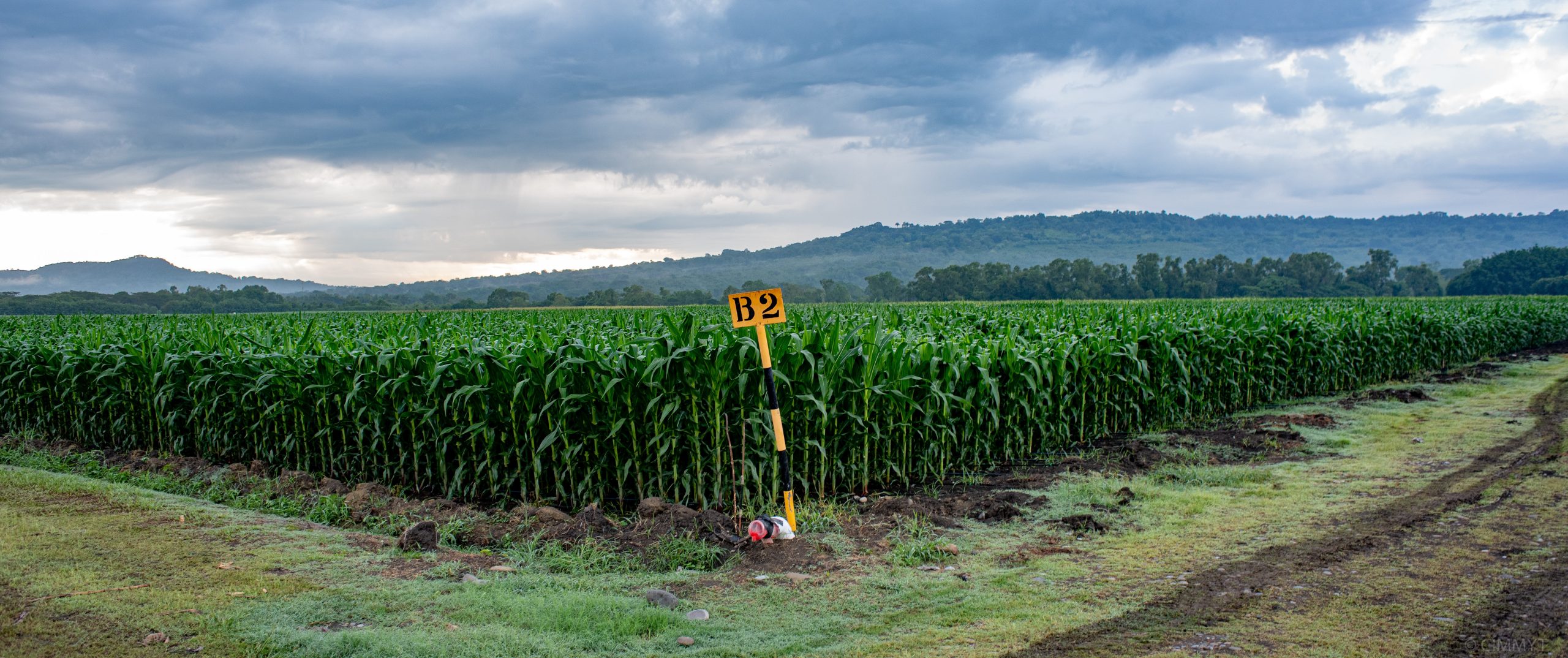
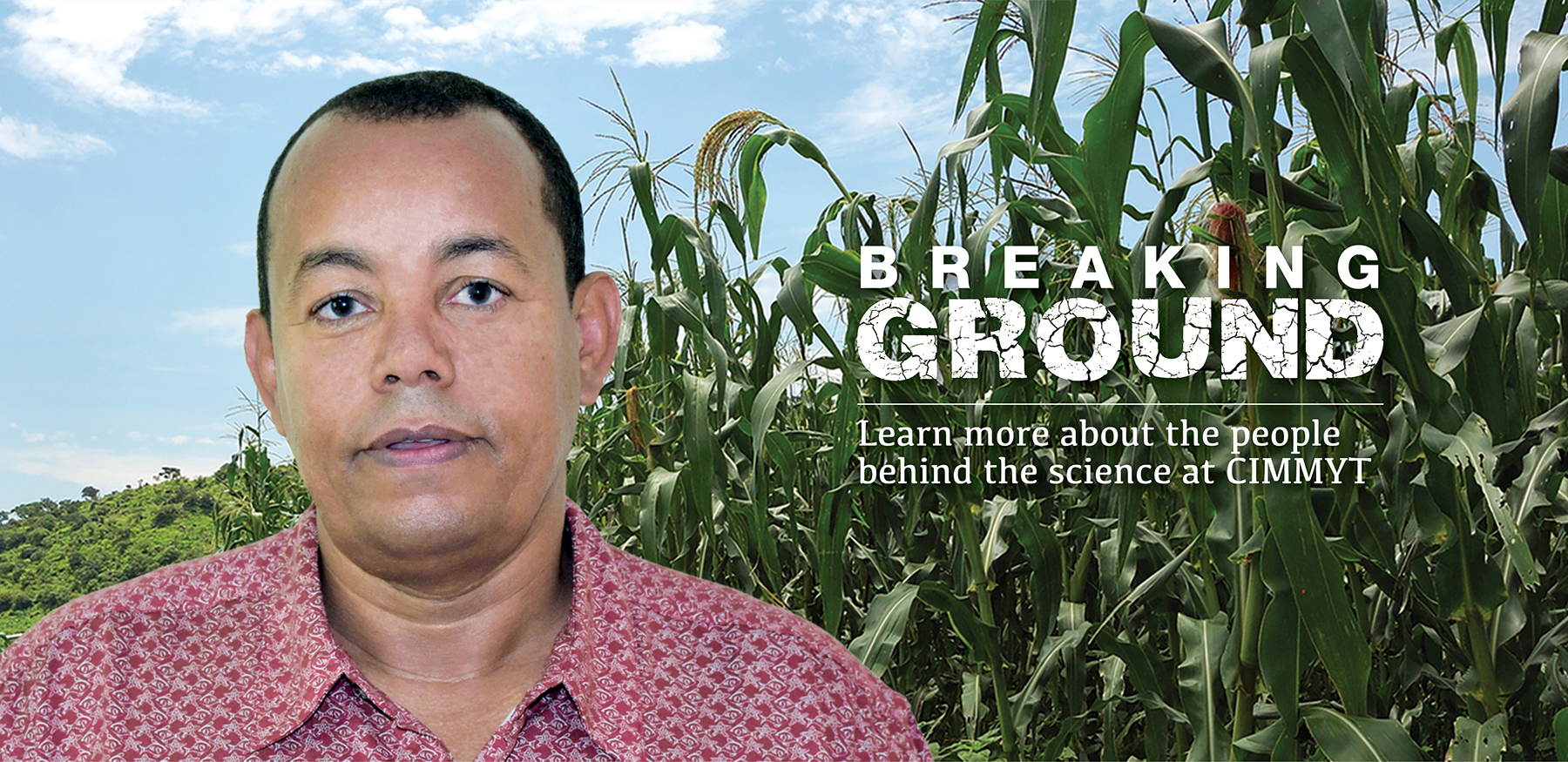
 Innovations
Innovations 